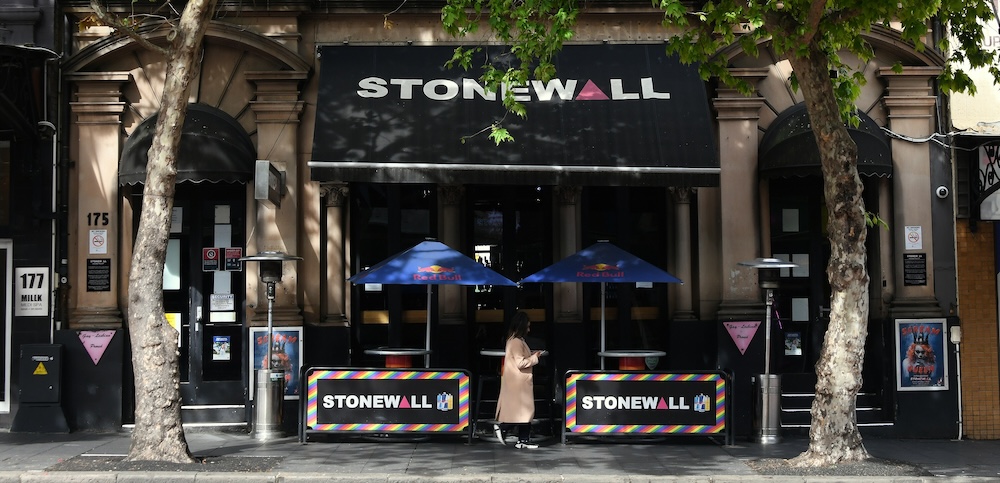
Cancer drug warning for lesbians
Gardasil, an Australian-made vaccine used in the prevention of the human papilloma virus (HPV), a leading cause of cervical cancer, has come under new scrutiny in the US following concerns from a conservative watch group.
However, Australian GLBT health organisations warn that, with lesbians being in a higher risk category for cervical cancer, individuals must be informed about their decision to take the vaccine.
The makers of Gardasil, Merck, have added to the list of potential side effects outlined in their packaging following a series of reports from the watch group Judicial Watch.
The unaffiliated American website, which pushes a conservative agenda, reported there had been 8,864 adverse event reports submitted to the US Food and Drug Administration Board since Gardasil’s approval. Among the reports were 10 deaths and 140 cases of serious reactions.
Merck has questioned the group’s approach to these figures, pointing out Judicial Watch’s pro-life stance and the fact that at least one of these deaths occurred nearly two years after a woman took the vaccine.
ACON’s Lesbian and Same-Sex Attracted Women’s Project coordinator Siri May said there were many misconceptions about Gardasil, including the idea from conservative groups the vaccine promotes promiscuity.
Frankly it is ludicrous to suggest that a vaccine could be responsible for increasing sexual activity or that someone would have a vaccine to facilitate increased sexual activity, May said.
Someone has this vaccine to prevent acquisition of the human papilloma virus and hopefully thereby prevent progression to cervical cancer. For these groups to suggest otherwise and try to scare and bully young women out of using the vaccine on conservative moral grounds is irresponsible.
It is the individual’s choice to have the vaccine, but I must stress that lesbians and same-sex attracted women should not discount themselves on the basis of their sexual preference.
The virus is associated with genital warts in some cases and can increase the risk of cervical, anal or throat cancer, depending on the site of infection. Lesbians and same-sex attracted women have lower screening rates for STIs and lower screening rates for Pap tests. In combination with lifestyle choices such as smoking and consuming alcohol this places them in a slightly higher risk category for cervical cancer.
All vaccines have some risk involved with their administration. However, I have seen no evidence in Australia to suggest that Gardasil holds a higher risk.
info: ACON runs a monthly information and support group for lesbians diagnosed with cancer. The Lesbian Health Project can also provide lesbian-specific sexual health resources and referrals for lesbian-friendly GPs. For further information head to www.acon.org.au or contact Siri May at smay@acon.org.au.











